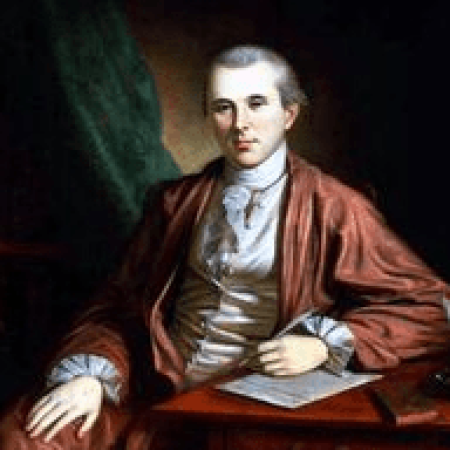Research

Learning from history promotes self-esteem and positive identity, which studies have shown can foster a greater interest in learning and higher academic achievement among African American students.
All youth struggle with their identities during their adolescent years. However, African Americans are faced with added social character challenges, such as having to deal with the notion that society doesn’t think they can become high achievers. There are also significant, proven inequalities that come from being black. This creates a pressure and identity as an underdog that can seriously affect an adolescent’s development of healthy self-esteem. Many adolescents and young adults are left to deal with a sense of hopelessness and failure before they can even begin to explore the world and what it has to offer.
According to McDonald (2007), it’s important that African American students disregard this idea of cynicism and find self-empowerment. Knowledge of their history, which was taken from them during slavery, must be made available, as this knowledge sets up a framework for a positive self-image and identity. Ultimately, knowledge of one’s history can teach students that they can achieve and overcome adversity as their ancestors did before them.
Racial identity can impact the self-esteem of a child both while they are developing and throughout their lifetimes. Swanson, Cunningham, Youngblood II, and Spencer discussed the fact that children who were taught at a young age about their racial identity were less likely to feel a difference between their personal and group identity.
Harper (1977) points to evidence-based research that African American children who understand their history are more engaged in the educational process and contribute more. On average, they have have greater school morale and perform better academically.
Given this research and the obvious problems we are currently experiencing with the high drop-out rates of African American males especially, this should be an incentive for every educator to embrace the opportunity to educate themselves on African American history so they can be fully prepared and equipped with accurate stories of African Americans and their contributions throughout history.
Based on a nationwide study of teachers by the National Museum of African American History and Culture (NMAAHC), who implemented an African American curriculum, teachers are interested in teaching the complexities of African American history and going beyond a simple social studies curriculum.
Harper stated, “Traditional curriculum forces the black student to alienate himself and to psychologically or physically drop out of the regular school curriculum, thus many times seeking to satisfy his needs in unhealthy ways that can often victimize himself and others.” (1977)
As educators and parents, we are unable to deny the fact that African Americans in our urban areas are continuing to drop out of the educational system at an alarming rate. As a nation that prides itself on being one of the greatest in the world, we can do much better. We are failing African American children at a staggering rate.


Sources
Ford, D. Y., & Moore III, J. L. (2005). This issue: Gifted education. Theory into Practice, 44(2), 77-79. Retrieved from This Issue: Gifted Education
Lancer, J. R. (2002). Courting success: A new method for motivating urban black males. Diverse Issues in Higher Education, 19(5), 34. Retrieved from Courting success: A new method for motivating urban Black males
McDonald, S. (2007). A Historical Perspective: How a Positive Cultural Identity Can Increase Achievement Motivation and Self-Esteem in Young African American Students. Counselor Education Master’s Thesis. 71. Retrieved from http://digitalcommons.brockport.edu/edc_thesis/71.

